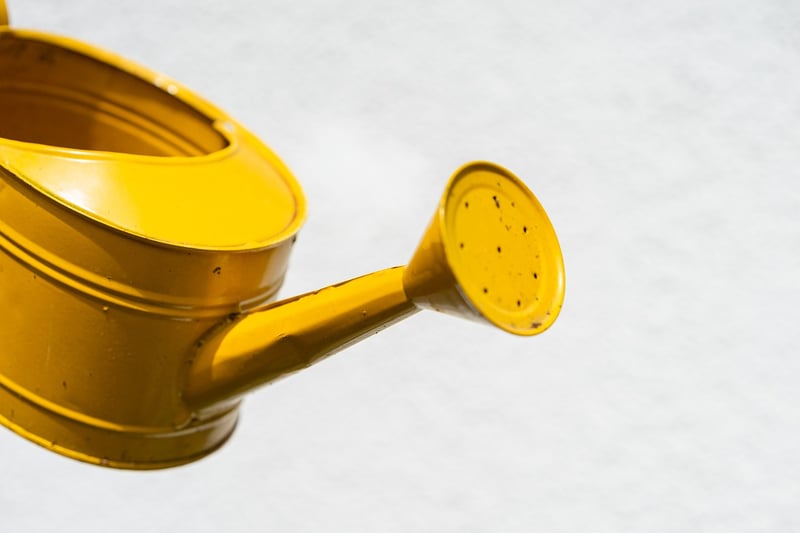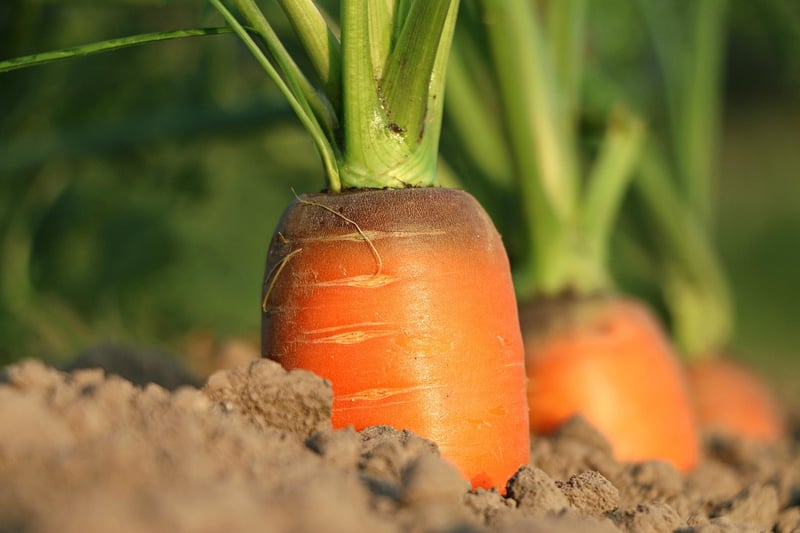Soil Health
Essential Guidelines for Healthy Plants and Soil Health
Introduction
Having healthy plants not only beautifies your surroundings but also contributes to a sustainable ecosystem. The key to thriving plants lies in understanding the importance of soil health and following proper guidelines for plant care.
Soil Health
Soil is the foundation for healthy plants. Here are essential tips to maintain soil health:
- Regularly test soil pH levels to ensure it is suitable for your plants.
- Amend soil with organic matter like compost to improve its structure and fertility.
- Avoid over-tilling, as it can disrupt the soil's natural balance.
- Practice crop rotation to prevent nutrient depletion in the soil.
- Mulch around plants to retain moisture and suppress weeds.
Guidelines for Healthy Plants
Healthy plants exhibit vigorous growth and vibrant blooms. Follow these guidelines for optimal plant health:
- Choose plants that are well-suited to your climate and sunlight conditions.
- Water plants deeply but infrequently to encourage deep root growth.
- Fertilize plants appropriately based on their specific needs and growth stage.
- Inspect plants regularly for signs of pests and diseases, and take prompt action if needed.
- Prune plants to promote airflow and remove dead or diseased parts.
Conclusion
By following these guidelines for healthy plants and soil health, you can create a thriving garden or landscape that benefits both the environment and your well-being. Remember, healthy soil leads to healthy plants, and healthy plants enhance the beauty of your surroundings.


For more information on plant care and soil health, visit Gardening Know How.
